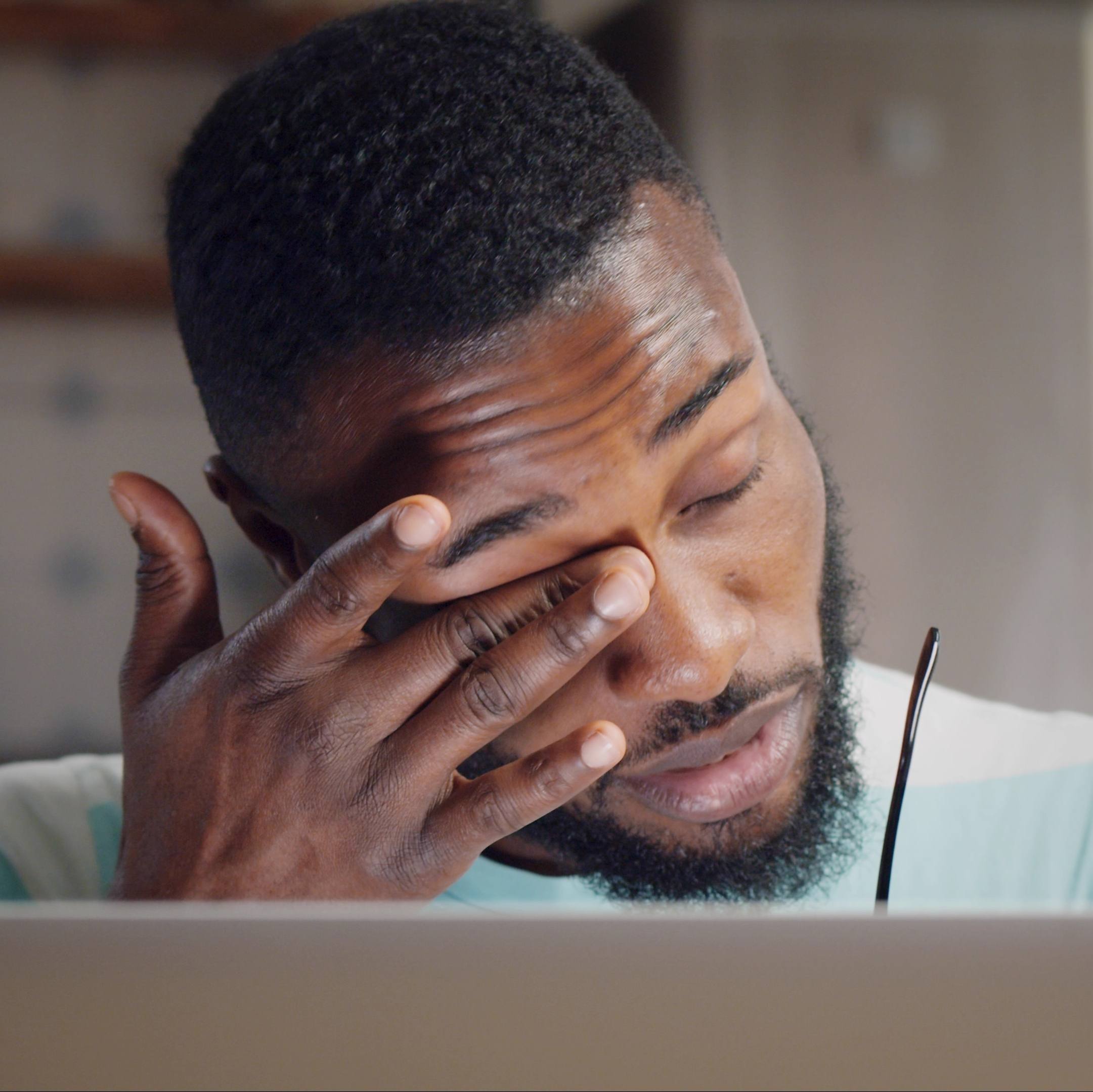-
Helping Kids Weather the Stress of Storms
MULTIMEDIA ALERT
Thunderphobia: Mayo Experts Offer Tips to Help Children Conquer Severe Weather Fears
The round of violent storms across much of the country this week, especially the horrific tornado in Oklahoma Monday, reminds us severe weather season is back and for many families that means a renewed season of stress. Anxiety disorders are the most common mental health problem in children and adults, and storm phobias often trigger such anxiety. Mayo Clinic child psychologist Stephen Whiteside,Ph.D., L.P., says worries about weather can make it hard for kids to concentrate in school. Some children will routinely check forecasts or develop fears of leaving the house. Dr. Whiteside suggests these tips:
- Be calm and supportive. Tell children things like thunder won’t hurt them. Explain that storms are a normal part of nature.
- Talk about storms matter-of-factly. Some kids may seem afraid of storms, but are really interested in learning more about them.
- The same type of exposure-based behavioral therapy used to defeat many worries and phobias works well with weather-related phobias. Dr. Whiteside says it boils down to helping children face their fears by gradually helping them learn they can handle a fear, and other uncertainties of life, on their own.
- Help children face their fear of storms by reading about them or watching videos of tornadoes, hurricanes and other big storms.
- If the anxiety doesn’t diminish, or begins to create greater stress for the child or the parent, get the assistance of a mental health professional.
JOURNALISTS: To interview Dr. Whiteside about storm-related phobias, contact Nick Hanson at 507-284-5005 or newsbureau@mayo.edu. Sound bites with Dr. Whiteside are available in the downloads.
/// Soundbite (Stephen Whiteside, Ph.D., L.P., Mayo Clinic) “But you can certainly tell them things like, thunder won't hurt them. And you just, you can have them, you know, talk about storms. You can read more information about storms. Some kids actually are afraid of storms, but really are interested in learning more about them, and just that process can be helpful for some kids.” TRT :21
Dr. Whiteside says the same type of exposure-based behavioral therapy is used for beating all types of worries and phobias. It boils down to helping kids face their fears by gradually helping them learn they can handle this, and other uncertainties of life, on their own.
/// Soundbite (Stephen Whiteside, Ph.D., L.P., Mayo Clinic) “Yeah, the most important thing for parents is to remember to be warm and supportive of your child, and if you get anxious or frustrated or upset, that's just going to make things worse. So, if you can, try to stay calm and help your child gradually face their fears in a step-by-step fashion.” TRT :19
Dr. Whiteside says if the anxiety doesn't diminish, or begins to create greater stress for the child or the parent, it may be time to get the assistance of a mental health professional.







